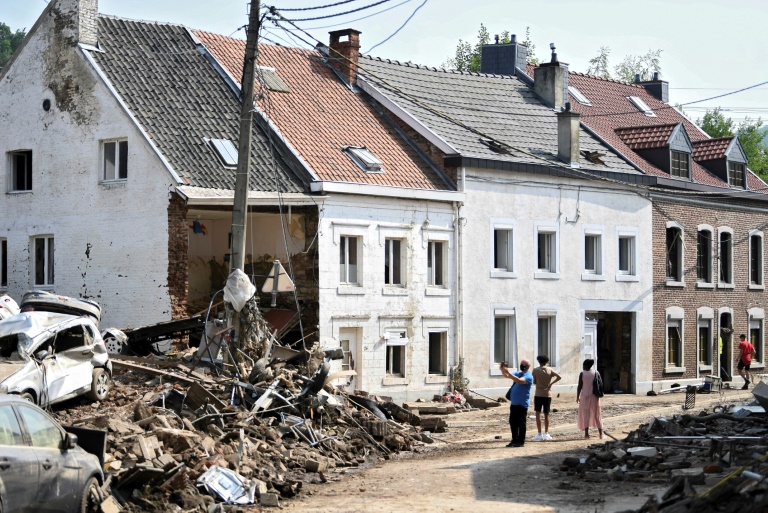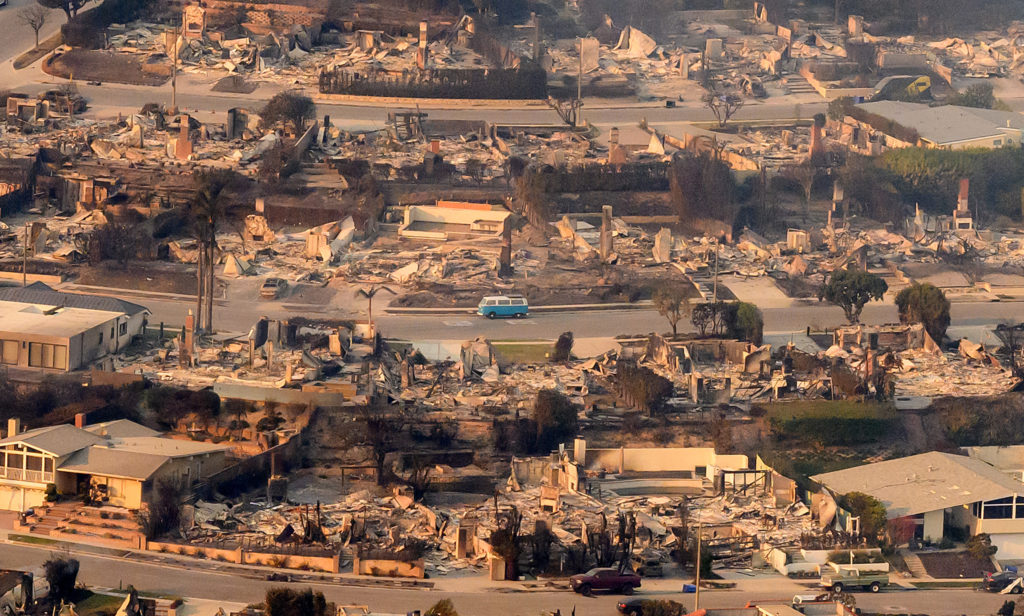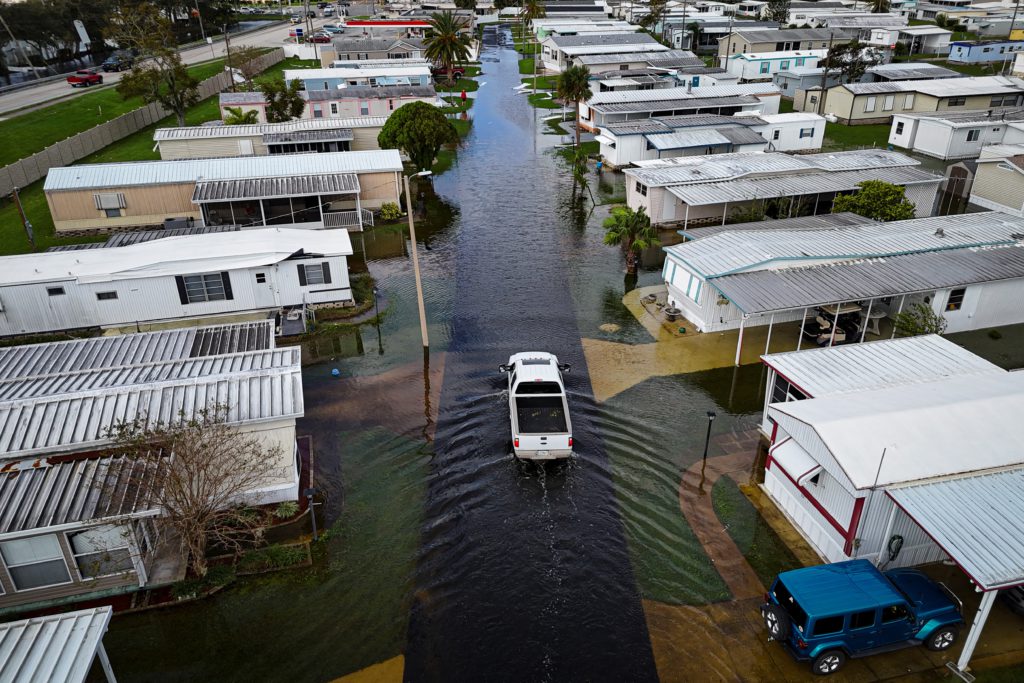Belgium fell silent for a minute of remembrance Tuesday as it held a day of mourning for the victims of the devastating floods that left 200 dead in western Europe.
Heavy rains last week sent floodwaters sweeping through towns and villages, mostly in Belgium and Germany, where Chancellor Angela Merkel visited victims in one of the hardest-hit areas.
At least 31 people were killed in Belgium, with dozens still missing or unaccountable, while Germany on Tuesday increased its death toll to 169 as rescuers scoured the rubble for victims.
The number of missing in Belgium has fallen over the past two days as telephone contact is re-established and more people are traced.
The clean-up is still under way to help the regions hit hardest recover from the destruction that saw dozens of homes collapsed and cars piled on top of each other.
Waters have subsided since Friday but workers and volunteers face a mammoth task to clear away the detritus and help local residents rebuild their shattered lives.
Belgium’s King Philippe and Queen Mathilde paid their respects at the fire station in Verviers, one of the hardest-hit towns.
The moment of silence took place after sirens sounded in fire stations across the country, with buses, trams and metro trains halted in Brussels.
The Belgian tricolour was flown at half-mast on official buildings, as was the star-spangled flag of the European Union around the bloc’s headquarters in the capital.
The commemorations were held on the eve of Belgium’s national holiday. The city of Brussels has cancelled its “National Ball” and the city of Namur, capital of Wallonia, has cancelled its fireworks display.
This is the first time since 2016 that Belgium has observed a national mourning when three days were declared following the March 22 attacks claimed by the Islamic State group, which killed 32 people and injured more than 340 in Brussels.
– ‘Speechless’ –
In neighbouring Germany, Chancellor Angela Merkel met victims of the deluge still struggling to come to terms with the losses in the ravaged medieval town of Bad Munstereifel.
The damage is “appalling… Many houses are no longer habitable,” she said, describing “people who have lost everything”.
The city has been “so badly hit that it really leaves you speechless”.
She was accompanied by Armin Laschet, the regional head and pick from Merkel’s CDU party to replace her as chancellor at elections in September.
The number of people missing in the country remains unclear, mainly because of disrupted communication networks.
As the scale of the flood disaster became clearer, questions mounted in Germany about whether enough was done to warn residents ahead of time.
The German government on Monday pledged to improve the country’s under-fire warning systems as a spokeswoman admitted that the tragedy had shown authorities “need to do more and better”.
Although meteorological services had forecast torrential rain and flash floods, many residents said they were caught off-guard by rapidly rising waters.
The disaster has catapulted climate change to the top of the agenda in Germany, ahead of the September polls that will mark the end of Merkel’s 16 years in power.
burs-arp/del/ach










